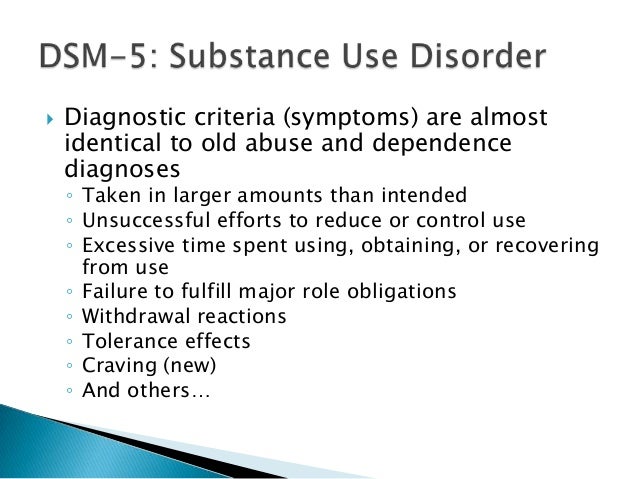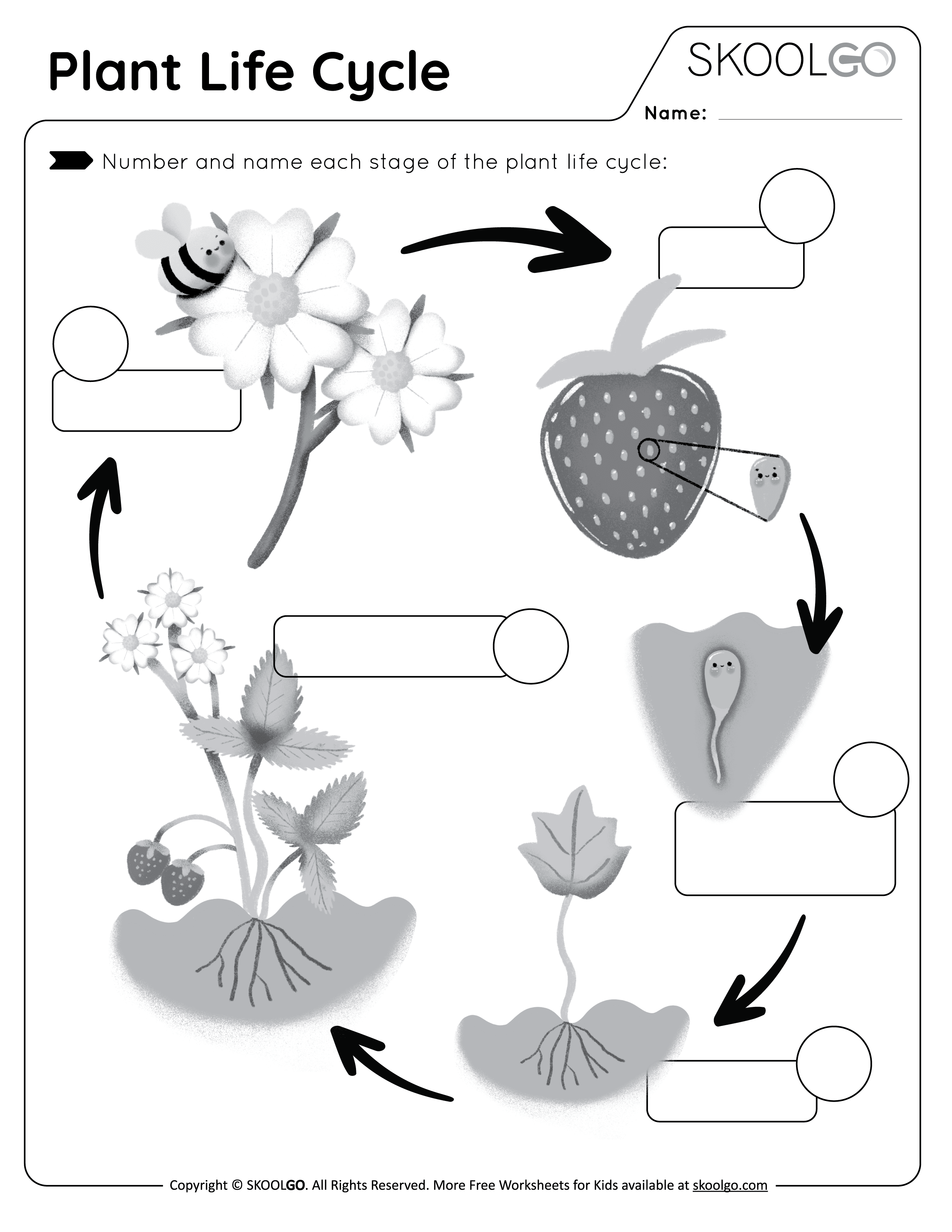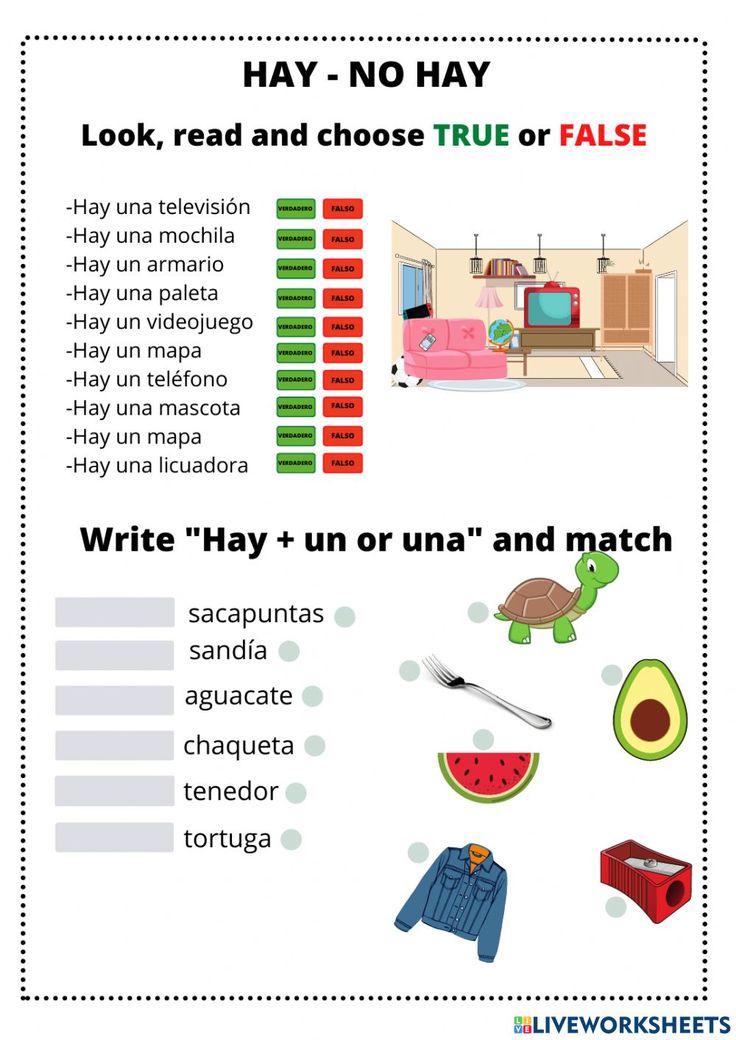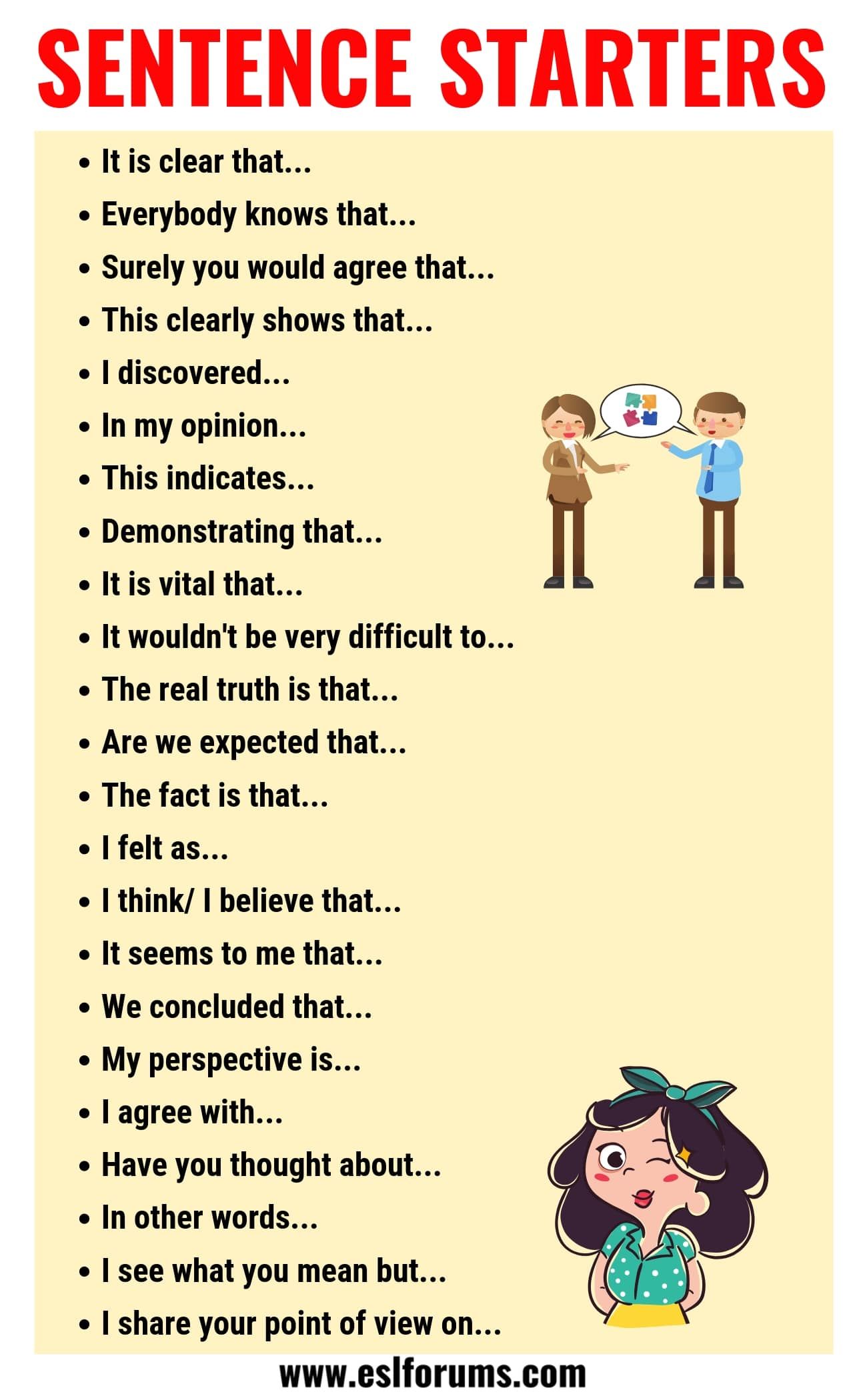Estar Practice Worksheet Answers

Verb "Estar" Practice Worksheet Answers
In this practice worksheet, we will review the verb “estar” in Spanish, which is used to describe temporary conditions, emotions, and locations. Let’s go through the answers together.
Part 1: Multiple Choice
Choose the correct form of the verb “estar” to complete each sentence.
- Yo ________ en la biblioteca. a) estoy b) estás c) está d) estamos
Answer: a) estoy
- Ella ________ cansada después de correr. a) está b) estás c) estoy d) estamos
Answer: a) está
- Nosotros ________ en el parque. a) estamos b) están c) estoy d) estás
Answer: a) estamos
Part 2: Fill in the Blanks
Complete each sentence with the correct form of the verb “estar”.
- Yo ________ en mi habitación estudiando para el examen.
Answer: estoy
- Ella ________ contenta porque ganó el premio.
Answer: está
- El clima ________ caluroso en verano.
Answer: está
Part 3: Short Answers
Answer each question with a complete sentence using the verb “estar”.
- ¿Dónde estás tú?
Answer: Estoy en la oficina.
- ¿Cómo estás?
Answer: Estoy bien, gracias.
- ¿Dónde está tu hermano?
Answer: Está en la escuela.
Part 4: Sentence Completion
Complete each sentence with the correct form of the verb “estar” and the correct phrase.
- Yo ________ en la playa ________ el verano.
Answer: estoy / durante
- Ella ________ en el gimnasio ________ hacer ejercicio.
Answer: está / para
- Nosotros ________ en el museo ________ visitar la exposición.
Answer: estamos / para
🤔 Note: The verb "estar" is used to describe temporary conditions, emotions, and locations. It is often used in combination with other verbs, such as "ser", to describe more complex situations.
In conclusion, the verb “estar” is an essential part of Spanish grammar, and mastering its usage is crucial for effective communication. By practicing with these exercises, you will become more confident in your ability to use the verb “estar” correctly in different contexts.
What is the difference between “ser” and “estar”?
+“Ser” is used to describe permanent or intrinsic qualities, while “estar” is used to describe temporary conditions, emotions, and locations.
When do I use “estoy” instead of “estás”?
+You use “estoy” when you are describing yourself, and “estás” when you are describing someone else in the second person singular.
Can I use “estar” to describe a permanent condition?
+No, you should use “ser” to describe permanent conditions. “Estar” is used for temporary conditions.



